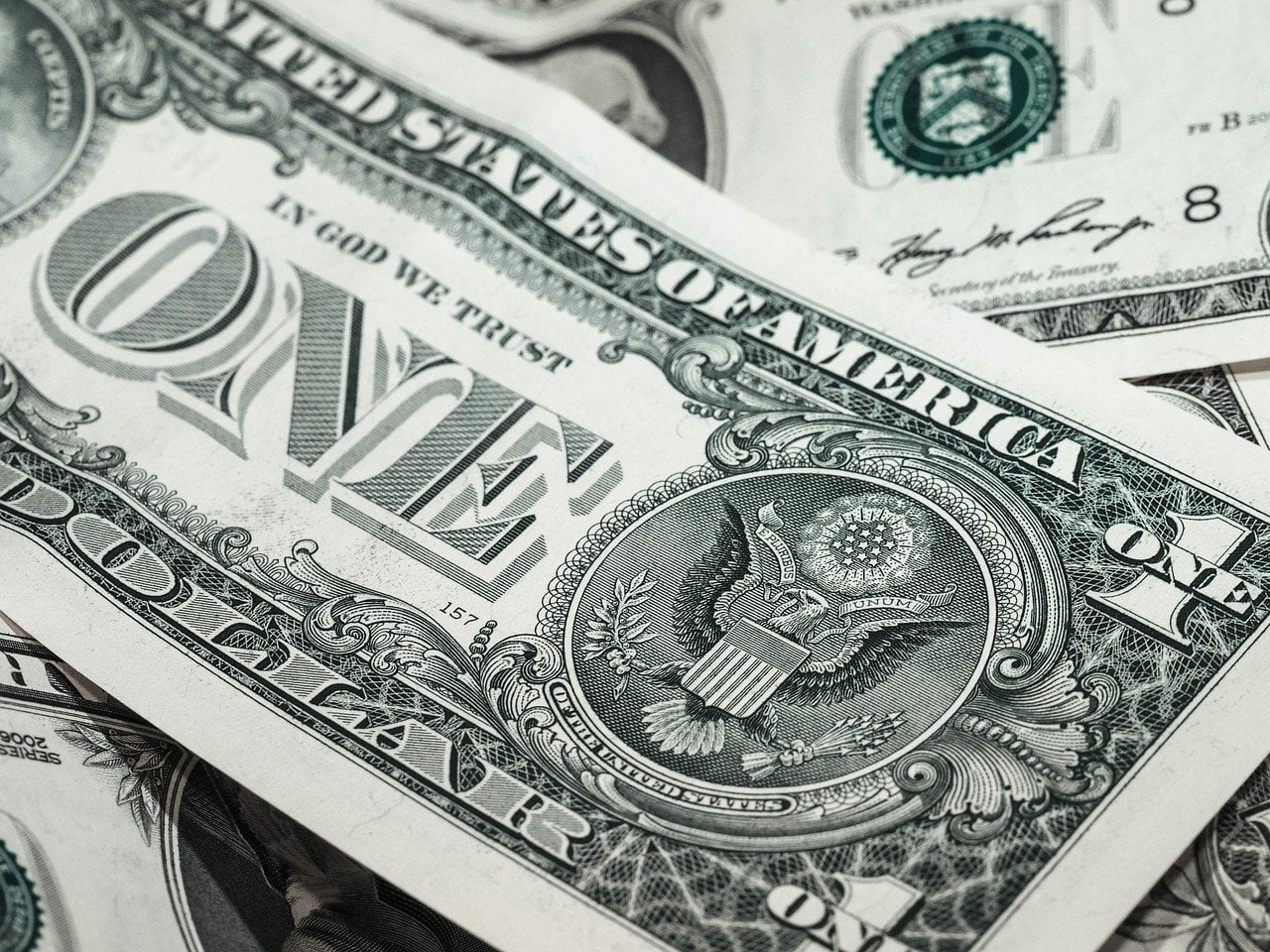The Senate approved the $1.9 trillion stimulus bill last week, and the House approved the same bill earlier this week. On Thursday, President Joe Biden gave the final approval and signature to the bill, turning the legislation into law. Now, you just need to wait for the coronavirus stimulus check, and for many, the wait will likely be over by this weekend.
Q4 2020 hedge fund letters, conferences and more
On Thursday, the White House informed that some eligible Americans could get coronavirus stimulus checks as soon as this weekend. This information came from White House press secretary Jen Psaki just minutes after Biden signed the $1.9 trillion relief bill.
“People can expect to start seeing direct deposits hit their bank accounts as early as this weekend,” Psaki said in a press conference.
Psaki cleared that those getting the payment over the weekend is “just the first wave” and payment to “eligible Americans will continue throughout the course of the next several weeks.”
Biden had been scheduled to sign the legislation on Friday, but the signing was moved up to Thursday. On Wednesday, the House passed the $1.9 trillion legislation, called the American Rescue Plan Act, by a 220-211 vote.
Shortly after signing the legislation, Biden said this “historic legislation” would help to rebuild the “backbone of this country” and give people “a fighting chance.”
This $1.9 trillion bill marks the first major legislative win for Biden after taking office in January.
What does the $1.9 trillion bill include?
The $1.9 trillion relief bill approved by Biden is similar to the plan he introduced earlier this year. Of the $1.9 trillion, about $450 billion will go directly to the American people. Those eligible would get stimulus checks of up to $1,400, as well as $1,400 per eligible dependent. Individuals with AGI (adjusted gross income) of up to $75,000 would get the full payment of $1,400, with partial payment for AGI up to $80,000 (heads of households with AGI up to $120,000 and married couples with AGI up to $160,000).
Psaki informed earlier that about 159 million households would get the payment under the new plan. People without a Social Security number and nonresident aliens won’t be eligible for the stimulus checks. Also, taxpayers with ITIN (Individual Taxpayer Identification Numbers) won’t qualify for the payment.
Along with stimulus checks, the stimulus plan also extends unemployment benefits, aid to small businesses, as well as state and local governments. Also, the legislation raises tax credits for low- and middle-income families and sets aside $160 billion for a national program on vaccination and testing.
Specifically, the approved legislation extends the federal unemployment benefit by $300 per week until Sept. 6. Also, it expands the child tax credit for a year. The $1.9 trillion bill sets aside $350 billion in federal aid for state, local and tribal governments, and $7.25 billion in the Paycheck Protection Program (PPP) for loans to small businesses.
Additionally, the legislation offers over $80 billion to bail out underfunded pensions. Also, the relief bill sets aside funds to help schools reopen.





